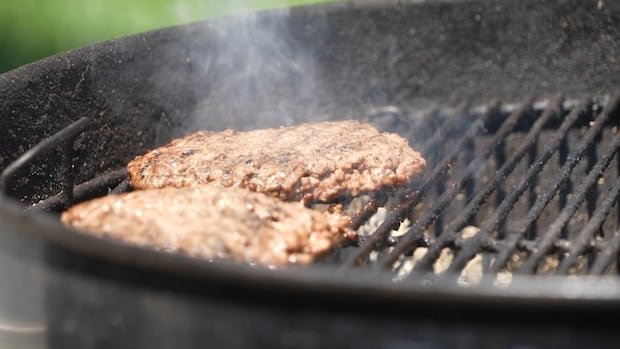As Canadians prepare to grill for the August long weekend, a beloved summer tradition is facing a costly challenge. Beef prices have surged by 25% over the past year, surpassing the inflation rate and pushing the cost of summer burgers and steaks to unprecedented levels.
In May 2025, the price of ground beef reached $14.67 per kilogram, marking a 25% increase from the previous year and significantly exceeding the country’s current inflation rate of 1.7%. Despite these historic highs, Canadians remain committed to their favorite summer meals, showing a reluctance to give up their beloved burgers or switch to alternative options like tofu.
Analysts attribute the strong demand for homegrown beef to ongoing trade tensions and a growing movement to support local producers. According to Kevin Grier, an economist specializing in livestock and grocery market analysis, consumer demand for beef remains robust, driving the market dynamics.
The surge in beef prices can be traced back to factors such as reduced herds stemming from prolonged drought conditions in Western Canada and escalating feed costs. Farmers in regions like southwest Saskatchewan and southern Alberta have been particularly impacted by the lack of moisture, leading some to downsize their herds rather than bear the high expenses.
While some cattle producers are benefiting from the increased demand for beef and supportive market conditions, not all have been able to capitalize on the situation. Despite the challenges posed by higher input costs and shrinking herds, the resilience of beef in the marketplace remains evident, with consumers maintaining their appetite for barbecues and meat products.
However, the cost of purchasing cattle has posed challenges for butchers, who are facing tight supplies and rising input costs. Despite passing on these expenses to consumers, the demand for beef products remains strong, with BBQ culture experiencing a surge in popularity.
Looking ahead, industry reports suggest that beef prices are expected to remain elevated until at least 2027, emphasizing the slow process of herd rebuilding and the need for consumers to adjust to the prolonged period of higher prices. Despite the premium attached to summer barbecues, Canadians continue to embrace their favorite traditions, showing a willingness to pay for quality beef products.

